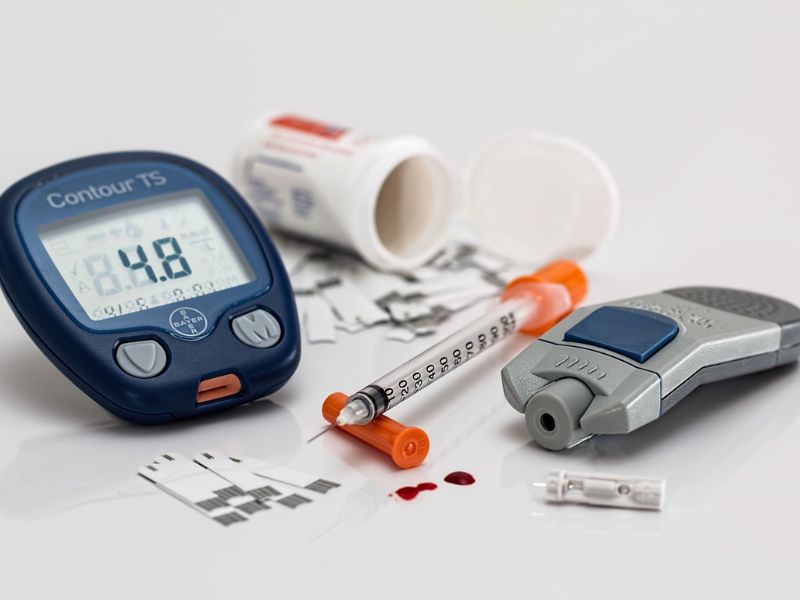
Diabetes: from telemedicine to new drugs
New Strategies and Technologies for the Effective Management of Diabetes in Critical Situations
Diabetes is a chronic disease that requires careful and constant management. However, in emergency situations, such as accidents or natural disasters, diabetes management can become extremely complex. Fortunately, in recent years, new strategies and technologies have emerged that are revolutionizing the management of diabetes in critical situations.
Telemedicine and Remote Monitoring
One of the most significant developments is the increasing use of telemedicine and remote monitoring in diabetes control. These technologies allow patients to constantly monitor their blood sugar levels and communicate with health professionals even in emergency situations. Continuous blood glucose monitoring devices provide real-time data and can be connected to mobile devices, enabling more accurate and immediate management. This approach has proven to be particularly useful during critical situations where access to medical services may be limited.
Advanced insulin therapies
In the field of insulin therapies, new options have emerged that offer greater flexibility to diabetic patients. For example, smart insulin pumps can dynamically adapt to the patient’s needs, delivering insulin based on detected blood glucose levels. This reduces the risk of severe hypoglycemia and simplifies diabetes management even in stressful situations. In addition, research is progressing toward the use of inhalable insulin, offering a promising alternative to traditional injections, especially in situations where supplies may be limited.
Education and training
A key component in the effective management of diabetes in critical situations is patient education and training. Educational programs that teach patients how to manage diabetes during emergencies can make the difference between a successful situation and a health risk. In addition, it is important to engage caregivers and health care providers to ensure a comprehensive understanding of the needs of diabetic patients in critical situations.
With evolving technologies and increasing awareness of the importance of managing diabetes in critical situations, we are seeing significant improvement in the care of these patients. Telemedicine, advanced insulin therapies, and education are key tools that are revolutionizing diabetes management, helping to ensure a better quality of life for patients even in the most challenging situations.


